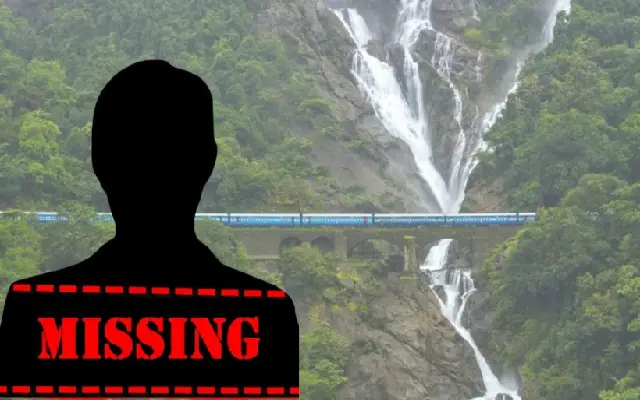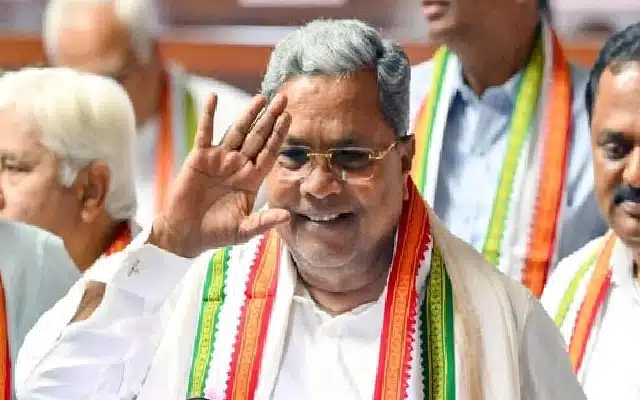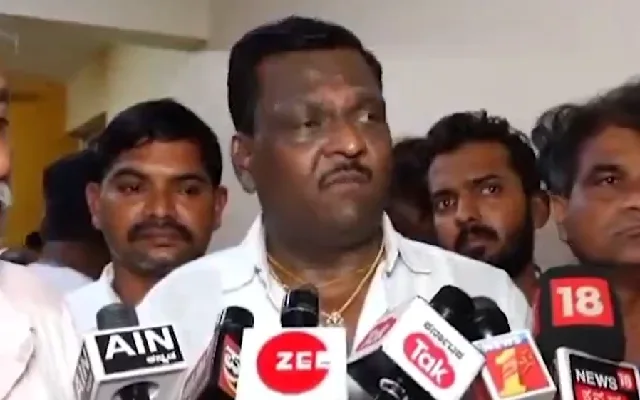Ram Nath Kovind’s first speech as President was in keeping with his low-key personality.
He said all the right things about his illustrious predecessors, including Pranab Mukherjee, and also about Indian poverty and diversity and combining the “wisdom” of ancient Bharat with the science of contemporary India. Similarly, the village panchayats and a digital Republic were described as the “twin pillars” of national life.
This two-track approach was also evident in the references to Mahatma Gandhi, Sardar Patel and B.R. Ambedkar when the President was speaking of the years immediately after independence. However, the name of Jawaharlal Nehru, generally regarded as the architect of modern India, was missing from the luminaries mentioned by Ram Nath Kovind.
The curious omission could not have been inadvertent, especially when Deen Dayal Upadhyay’s name was mentioned in the same breath with Gandhi’s towards the end of the speech. Evidently, the aversion of the present dispensation towards the founder of the Nehru-Gandhi dynasty has grown stronger of late, considering that Narendra Modi had once spoken of Nehru in favourable terms in parliament.
It may not be out of place to see in the blanking out of one of the famous persons of Indian history both before and after independence as an example of a key feature of the saffron brotherhood to rewrite history in accordance with its own distinctive perception of what the students as well as the people of India should know.
The Hindutva lobby has been feverishly engaged in recent times in pushing its agenda of a new interpretation of history as it apparently believes that the wrong version has been taught for too long a period by the Nehruvians because of their previously privileged position in positions of power. It was time, therefore, to undo the earlier mistakes.
Few would have expected, however, that this desire for change would be articulated by the highest constitutional authority in the land.
While lesser functionaries like the state-level ministers may declare that the title of “Great” be attached to the name of Maharana Pratap and not to Akbar because it was the former who won the battle of Haldighati according to the saffron camp, it is odd for those much higher up in the official hierarchy to display the same bias.
It is known that between Nehru and Patel, the latter is the Sangh parivar’s favourite. Not surprisingly, the President referred to the first Deputy Prime Minister’s sterling contributions towards unifying the country in the turbulent post-partition years. Similarly, he mentioned Ambedkar as the principal architect of the constitution.
While all of this is in line with the standard account of the immediate post-independence years, the silence on Nehru is strange, to say the least. It is all the more strange since the President had a special word of praise for Upadhyay, whose name is even less known outside the parivar than of V.D. Savarkar and M.S. Golwalkar.
The fact that this is Upadhyay’s birth centenary year is not a sufficient reason to place him on the same pedestal as the Father of the Nation.
Arguably, the new President can be said to have begun his tenure on the wrong footing by displaying a partisan bias. Even if the speech was written by the government, he could have edited it to make it more statesmanlike.


















